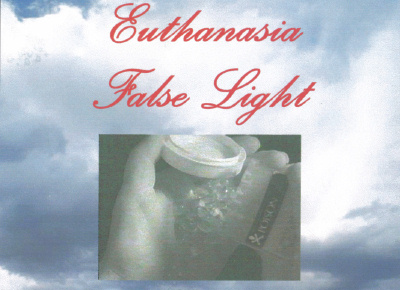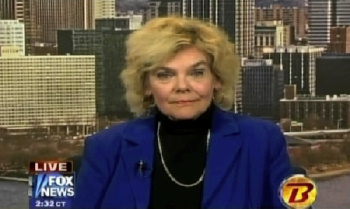ADVANCE DIRECTIVE
An advance directive is a document by which a person makes provision for health care decisions in the event that, in the future, he/she becomes unable to make those decisions.
There are two main types of advance directive — the “Living Will” and the “Durable Power of Attorney for Health Care.” There are also hybrid documents which combine elements of the Living Will with those of the Durable Power of Attorney.
LIVING WILL
A Living Will is the oldest type of health care advance directive.
It is a signed, witnessed (or notarized) document called a “declaration” or “directive.” Most declarations instruct an attending physician to withhold or withdraw medical interventions from its signer if he/she is in a terminal condition and is unable to make decisions about medical treatment.
Since an attending physician who may be unfamiliar with the signer’s wishes and values has the power and authority to carry out the signer’s directive, certain terms contained in the document may be interpreted by the physician in a manner that was not intended by the signer.
Family members and others who are familiar with the signer’s values and wishes have no legal standing to interpret the meaning of the directive.
DURABLE POWER OF ATTORNEY FOR HEALTH CARE
A Durable Power of Attorney for Health Care is a signed, witnessed (or notarized) document in which the signer designates an agent to make health care decisions if the signer is temporarily or permanently unable to make such decisions.
Unlike most Living Wills, the Durable Power of Attorney for Health Care does not require that the signer have a terminal condition.
An agent must be chosen with great care since the agent will have great power and authority to make decisions about whether health care will be provided, withheld or withdrawn from the signer.
It is extremely important that the signer carefully discuss his/her values, wishes and instructions with the agent before and at the time the document is signed. Such discussions may also continue after the document is signed.
It is also important that the agent be willing to exercise his/her power and authority to make certain that the signer’s values, wishes and instructions are respected.
COMBINATION ADVANCE DIRECTIVE
A combination advance directive is a signed, witnessed (or notarized) document which contains specific written directions that are to be followed by a named agent.
Since it is not possible to predict all circumstances that may be faced in the future or to cover all possible interventions, specific directions may severely limit the discretion and flexibility that the agent needs and may restrict the agent’s authority in a way the signer did not intend.
In addition, the specific written directions may not be altered through discussions between the signer and the agent. Any changes necessitate a new document to reflect nuances or changed directions.
It is important that all adults consider who will make medical decisions for them if they are temporarily or permanently unable to make them for themselves.
Unless a person has an advance directive, many health care providers and institutions will make critical decisions for him/her or a court may appoint a guardian who is unfamiliar with the person’s values and wishes.
PROTECTIVE MEDICAL DECISIONS DOCUMENT (PMDD)
The PMDD is a protective Durable Power of Attorney for Health Care which is available from the Patients Rights Council.
In the PMDD the signer names a trusted person to make health care decisions in the event that the signer is temporarily or permanently unable to make such decisions.
The PMDD, which specifically prohibits assisted suicide and euthanasia, is available in a Multi-State version for use in most states. It is also available in state-specific versions for states where particular requirements make a state-specific version necessary.
There is no charge for the PMDD. A donation of $50 is requested, but not required, for each PMDD packet.
If you would like to obtain a PMDD, call 800-958-5678 or 740-282-3810 between 8:30am and 4:30pm (eastern time).
PMDD: More Information




